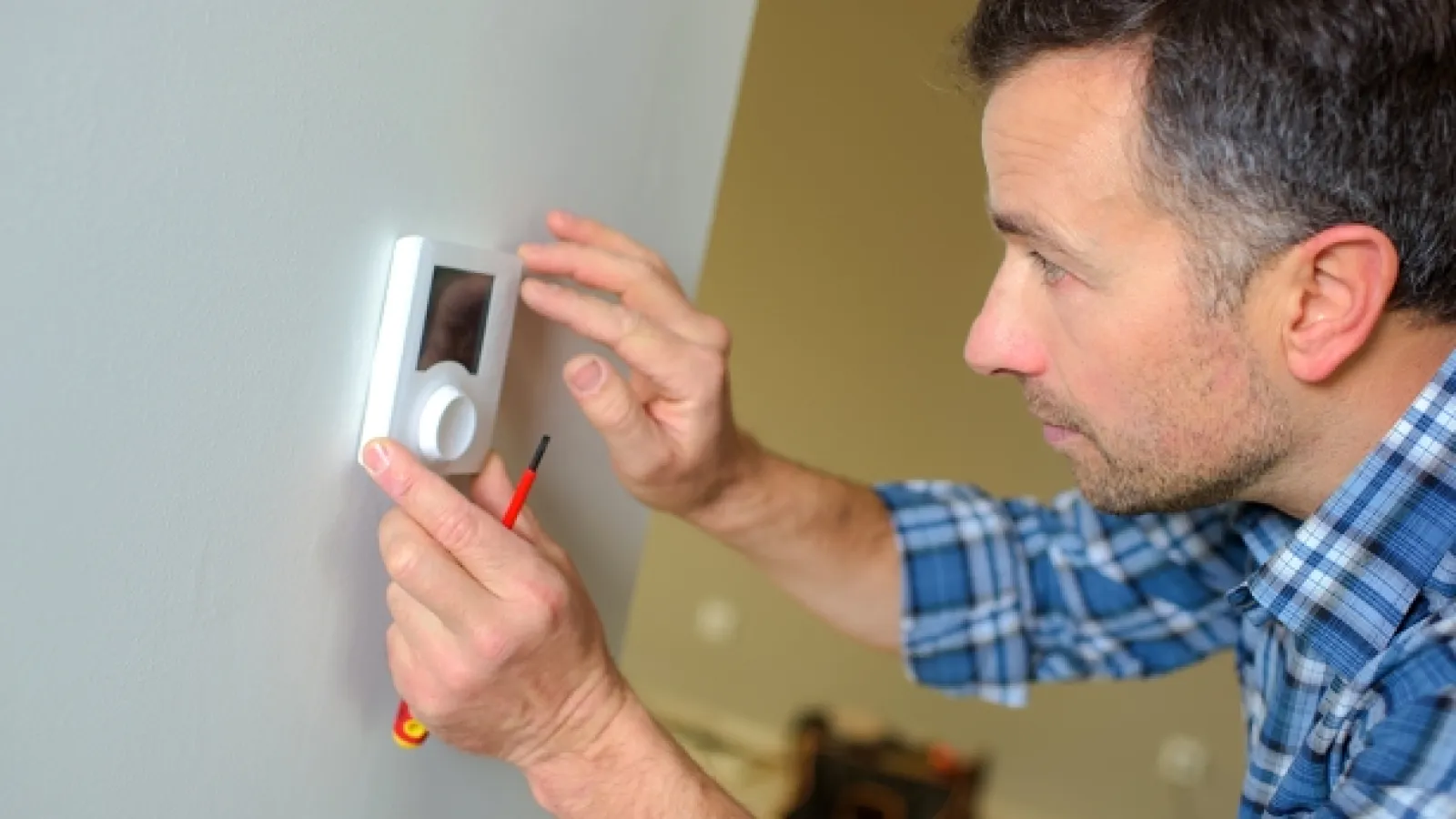At What Temperature Do Heat Pumps Stop Working in Atlanta?
Heat pumps are a popular choice for heating and cooling homes throughout the Atlanta area. Thanks to our mild Southern climate, these systems provide year-round comfort with impressive energy efficiency. However, when temperatures drop, many homeowners start to wonder: at what temperature do heat pumps stop working effectively?
In this blog, Estes Services explains heat pump temperature limits, when efficiency starts to decline, and how to keep your home comfortable when outdoor temperatures dip too low.
Heating with a Heat Pump
An air-source heat pump warms your home by capturing heat from the outside air and transferring it indoors. Even when the air feels chilly, there is usually enough heat energy for the system to use.
Since Atlanta winters are generally mild, heat pumps work well for most of the season. However, there is a threshold beyond which efficiency drops — typically between 25°F and 40°F.
A heat pump operates most efficiently when the outdoor temperature is above 40°F. Once it falls below that point, efficiency decreases and energy consumption increases. Between 25°F and 30°F, the system can still operate but may no longer be the most cost-effective heating option for your home.
Even at 25°F, your heat pump doesn't stop working completely — it just has to work harder and use more electricity because there's less heat available in the outdoor air.
How to Heat When Temperatures Are Low
When heat pumps reach their temperature limits, many Atlanta homeowners rely on backup heating systems to maintain a comfortable temperature. Backup heat is designed to step in when a heat pump stops operating efficiently.
- Electric resistance heating (heat strips): Installed within your HVAC system, heat strips take over once the heat pump struggles in cold weather. They're not the most energy-efficient option, but are ideal for homes without natural gas access.
- Gas furnaces: If your home has natural gas, a gas furnace is often the best backup choice. Although costlier to install, gas furnaces offer greater efficiency during extremely cold conditions.
Using Backup Heating Wisely
Backup heating is an excellent safeguard during cold snaps, but should only be used when outdoor temperatures drop below 25°F to 30°F. Running it when the weather is warmer will unnecessarily increase your heating costs.
Many HVAC systems automatically switch between the heat pump and the backup heating source, ensuring optimal efficiency. If you switch manually, remember to turn it off once temperatures rise again.
Heat Pump Efficiency Chart and Comfort Planning
Homeowners often request a heat pump efficiency chart to understand how performance changes with temperature. While every system differs, here's a general guide:
- Above 40°F: Peak efficiency.
- 30-40°F: Efficiency begins to decline; energy use increases.
- 25-30°F: The heat pump works, but may require backup heat.
- Below 25°F: Backup heating becomes the primary heat source.
This guide helps plan for higher energy use and anticipate when your backup heat might activate.
Stay Comfortable with Estes Services
Whether you're considering a new heat pump installation, want to understand your system's limits, or need help with a backup heating solution, Estes Services is here to help. We'll ensure your home stays comfortable, no matter how cold it gets outside.
Contact Estes Services today to explore your heating options, including gas furnaces and electric backup systems. We also offer specialized solutions, such as RV A/C systems with heat pumps, for efficient comfort on the go.
FAQs About Heat Pumps
At what temperature does a heat pump cease to function?
Most heat pumps work efficiently above 40°F. They start losing efficiency between 25-40°F and may require backup heating below 25°F.
Can a heat pump heat a house in freezing weather?
Yes, a heat pump can provide heating for your home in freezing weather, but it may require more energy and a backup system for consistent comfort.
What are the temperature limits for heat pumps in Atlanta?
In Atlanta's mild climate, heat pumps are efficient most of the time during the winter. Efficiency declines below 30°F when backup heating becomes more cost-effective.
Is a gas furnace better than heat strips for backup heating?
Yes. If you have natural gas, a gas furnace is usually more efficient than heat strips, despite higher upfront costs.
Can I use a heat pump in my RV?
Yes, RV A/C systems with heat pumps are available. They offer both heating and cooling, making them a versatile choice for mobile comfort.


